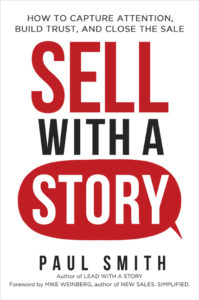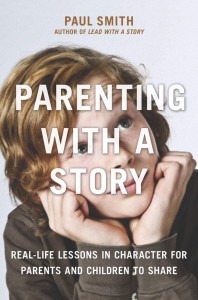Podcast: Play in new window | Download | Embed
Subscribe: RSS
Podcast (parenting-with-a-story-podcast-series): Play in new window | Download | Embed
Subscribe: RSS
The Phone Message
I call my parents on my birthday. I have done this for the past 30 years. I am their only child.
Not surprisingly, they do not answer. I leave a lengthy message sharing all that has happened with me and my family. I ask them to return my call. They never have.
Thirty years ago, I refused to marry the man my father chose for me. Father disowned me and vowed to never see or speak to me again. My mother went along with his wishes.
As is our custom, after the phone call my husband, children and I take a long walk through a cemetery where I mourn the loss of my parents.
On my return, I find a phone message from my mother. It was the first time I heard her voice in thirty years.
She said my father just died after a lengthy illness. He wanted to hear my birthday message before he let go. My phone messages were his greatest joy. But he had too much pride to speak to me.
My mother asked me to forgive her for not being able to defy father while he lived. She begged me to see her as soon as possible.
I joyfully make plans to visit my mother with my husband, my daughters and my daughters’ children.
My sons refuse to visit the grandmother they have never seen or spoken to.
They long ago vowed to never forgive my parents for the pain they have caused me.
I am hopeful they will someday change their minds.
The fictional account you just read was written by retired Procter & Gamble engineer and Chief Storytelling Officer, Jim Bangel. He wrote it after reflecting on several articles that his wife, Louise, gave him on the plight of young Afghani girls struggling to get an education and often forced to marry as young as twelve.
I think there is much to reflect on here. And as with all of these stories, I encourage you to share this with your kids, and then have a discussion about it. Here are some questions to get you started.
1) What do you think are the pros and cons of having an “arranged marriage”? And what do you think about the narrator refusing to marry the man her father had arranged for her?
2) Why do you think the narrator in this story visited the cemetery every year even though her parents were still alive?
3) If you were the narrator, would you forgive your parents?
4) If you were the narrator’s sons, would you visit your grandmother? Why or why not?
5) Ask your parents if they’ve stopped talking to any of their friends because of who they voted for in the last presidential election. And if so, how is that any different than what’s happening in this story?
—
 Paul Smith is one of the world’s leading experts on business storytelling. He’s a keynote speaker, storytelling coach, and bestselling author of the books Lead with a Story, Parenting with a Story, and Sell with a Story.
Paul Smith is one of the world’s leading experts on business storytelling. He’s a keynote speaker, storytelling coach, and bestselling author of the books Lead with a Story, Parenting with a Story, and Sell with a Story.


 Connect with him via email here.
Connect with him via email here.
Follow him on Facebook, LinkedIn, Twitter, and Instagram.
Sign up for his newsletter here to get one new story a week delivered to your inbox.


